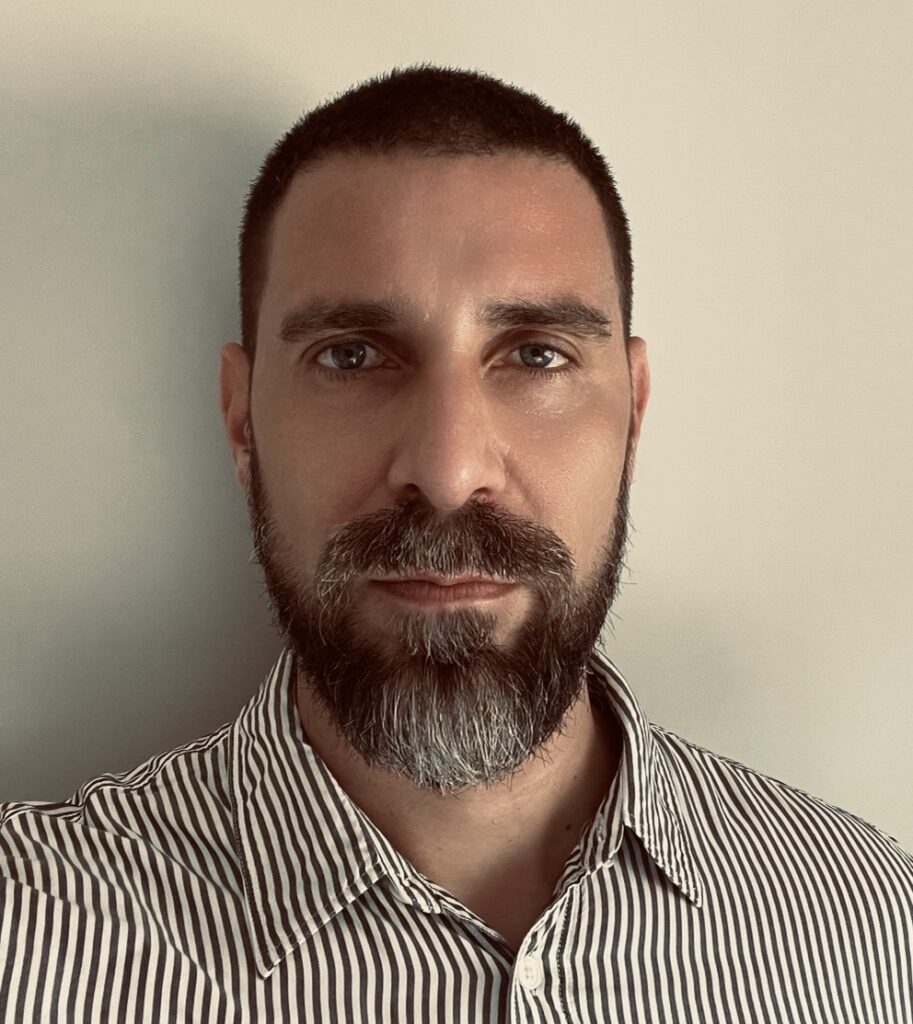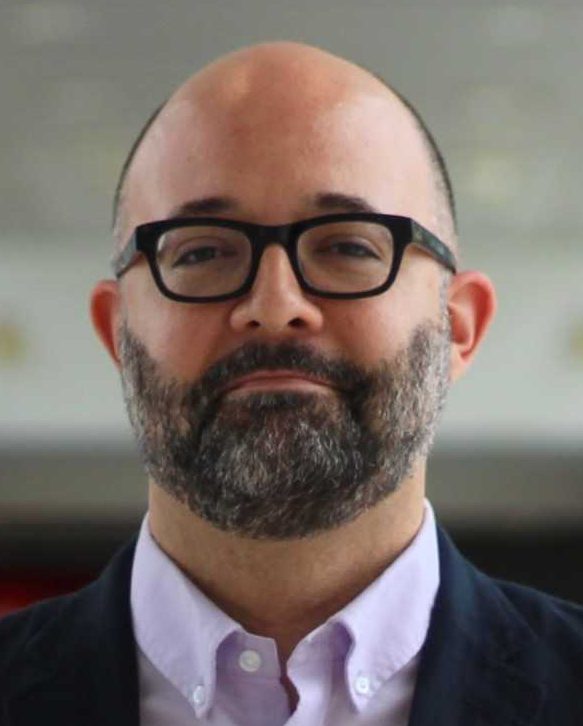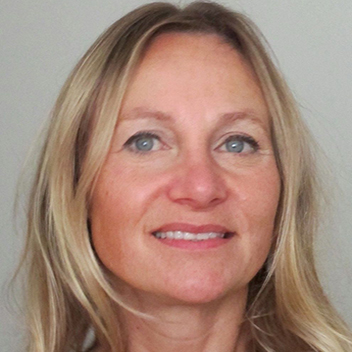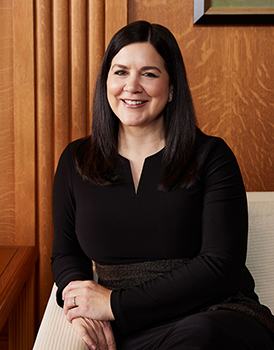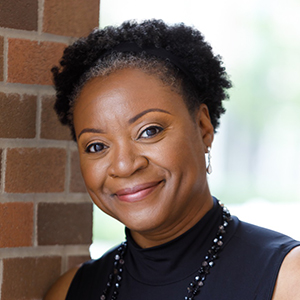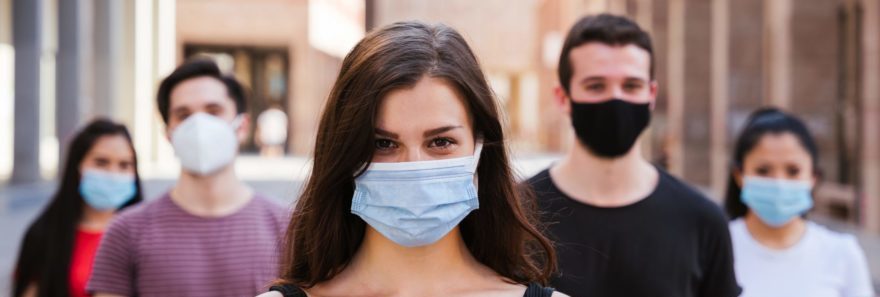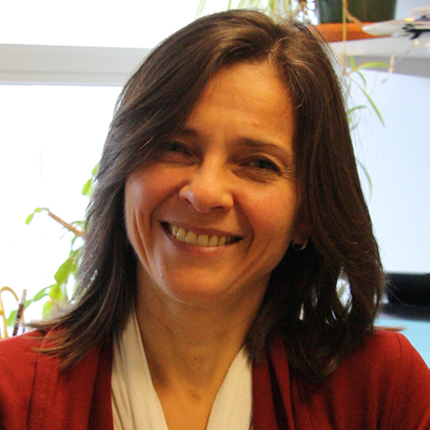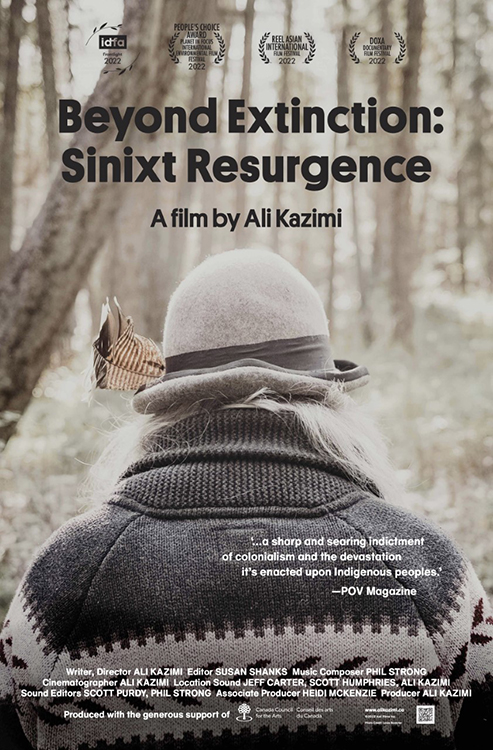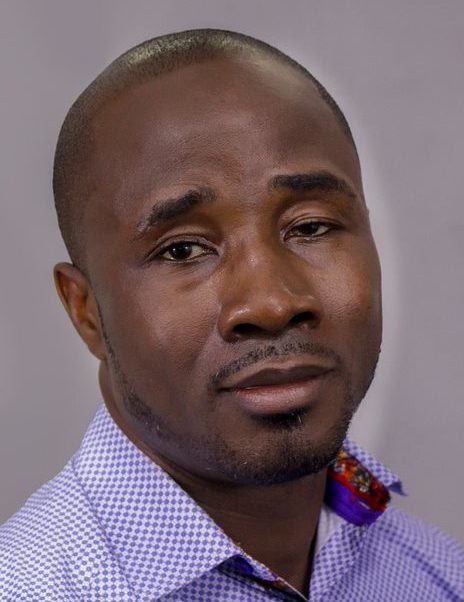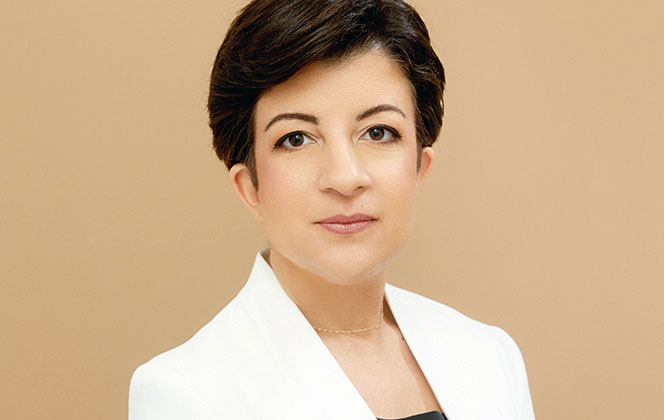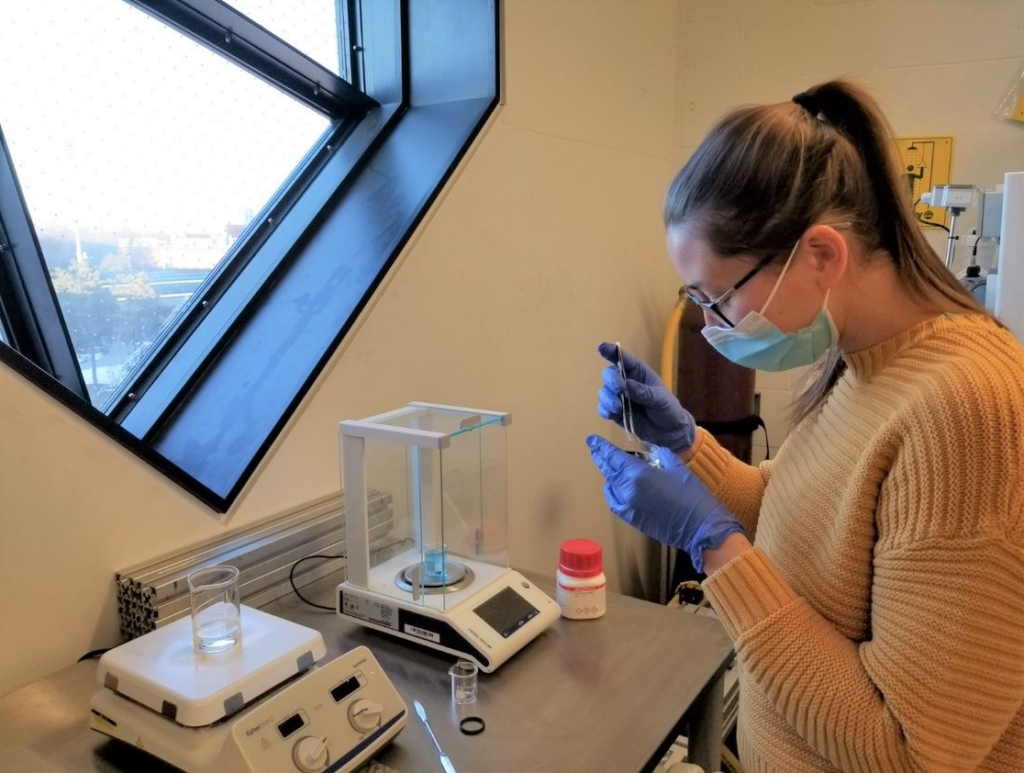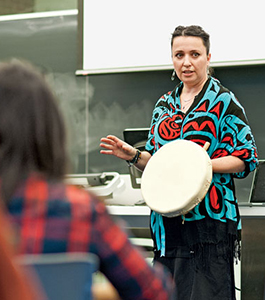Two York University researchers will share their expertise during the May 6 instalment of the York Circle Lecture series, which will explore how health care has been impacted by the pandemic.
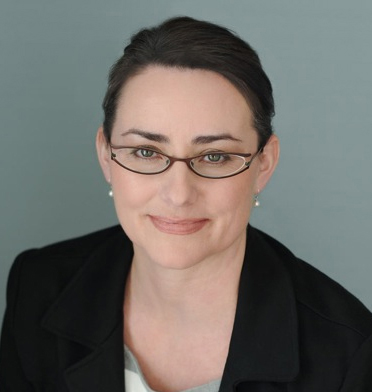
The in-person Lunch & Lecture event, hosted by York University’s Division of Advancement, Alumni and Friends, welcomes Jennifer Steeves, academic Chair for the 2022-23 lecture series and associate vice-president research, to host and moderate this event. Steeves is set to lead poignant discussions with York University expert faculty members as they deliver keynotes on an array of topics related to this season’s overarching theme: “The Pandemic: COVID’s Impact on Canada’s health care system.”
The Saturday session will run from 9 a.m. to 1 p.m. and features topics that examine virtual reality and its practical applications in medicine and therapy, as well as managing obesity through COVID-19 lockdowns and beyond.
The speakers and their presentations:
Lora Appel, assistant professor at York’s School of Health Policy & Management, Faculty of Health
“Not just virtual, but virtuous reality: Therapeutic uses of VR for people with cognitive, sensory and mobility impairments”
Virtual reality technology is increasingly being relied upon as a valuable tool in healthcare, for skills training as well as screening, diagnostic and therapeutic applications. The pandemic has emphasized and called attention to the unmet needs of our growing aging population; at the same time, it ensured that digital and virtual care are here to stay. This talk presents some of the emerging research in therapeutic VR interventions across the spectrum of care from acute to community settings.
Jennifer Kuk, associate professor at York’s School of Kinesiology & Health Science, Faculty of Health
“Obesity management during COVID and beyond – how to tip the scales in your favour”
The COVID-19 pandemic presented many challenges to our health. For some of us, this period was also associated with rapid weight gain, while others were more successful at managing their weight. Learn about the science behind why weight loss is so hard, and strategies that may help tip the scales in your favour.
To sign up for the May 6 event, and upcoming York Circle events, click here.
First launched in 2009, the York Circle events series has remained a platform for demonstrating the ideas and research generated by dedicated members of the York community. Presenters from each of the University’s Faculties are invited to speak on topics ranging from gender issues, brain function, mental health, international aid, sports injuries, financial policy and many more evolving subjects. To see summaries of past lectures, and bios on the speakers who delivered them, click here.




